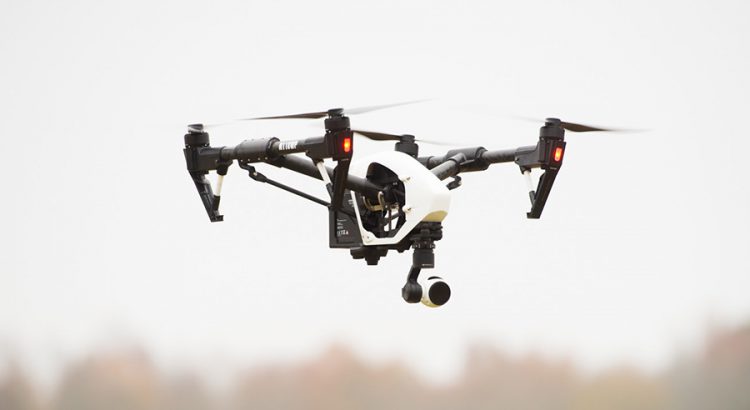The N.C. Department of Transportation plans to continue working with its federal partners to find new and innovative ways to use drones for critical transportation needs.
The Federal Aviation Administration announced Friday that NCDOT will be one of the participants in BEYOND, the FAA’s new drone program that replaces the Integration Pilot Program, or IPP, that ended in October after a three-year run.
“Drones are going to be an increasingly important part of our transportation system, and we need to make sure our state and our country are ready for them,” said North Carolina’s Transportation Secretary Eric Boyette. “The tremendous advancements we’ve seen over these past few years laid the groundwork for safe and integrated drone usage, and we’re excited to continue this important work into the future.”
NCDOT’s participation in the FAA IPP has focused on using drones for package delivery and infrastructure inspections, while working out many of the challenges faced when using drones for flights beyond the visual line of sight and flying over people.
In North Carolina, officials will use BEYOND to improve upon many of the achievements from the IPP program. Those achievements included:
- The groundbreaking use of drones to document road conditions after Hurricane Florence;
- The establishment of the country’s first routine commercial drone delivery service;
- The use of drones to deliver medical supplies at WakeMed Hospital in Raleigh, Novant Health near Charlotte, Wake Forest Baptist Health in Winston-Salem and Vidant Healthplex in Wilson;
- The first public demonstration of a passenger drone in North America;
- Delivery of food and other small goods by drone from a Walmart in Fayetteville;
Issuance of the nation’s first waiver allowing drones to be flown beyond the visual line of sight to conduct bridge inspections.
More than half of all flights completed nationwide under the IPP were flown by the North Carolina team. NCDOT partners flew more than 3,400 medical delivery flights, and NCDOT completed more than 300 flights in response to natural disasters.




